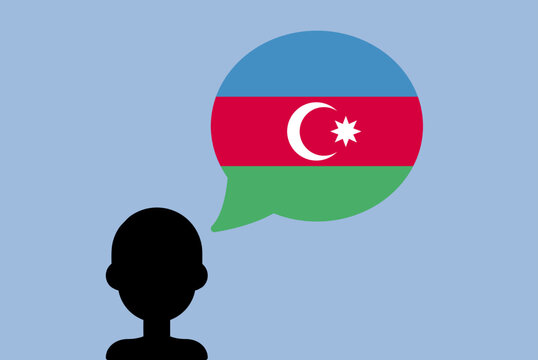Azerbaijani is the official language of Azerbaijan, spoken by the vast majority of its population. It belongs to the Turkic language family, sharing linguistic roots with Turkish and other Turkic languages. Azerbaijani is known for its rich history, cultural significance, and unique phonetic features. With its distinct vocabulary, grammar, and syntax, Azerbaijani serves as a cornerstone of national identity, fostering communication, literature, and vibrant cultural expression within Azerbaijan and among Azerbaijani communities worldwide.
History of the Azerbaijani Language
The history of the Azerbaijani language is rich and diverse, reflecting the cultural and historical tapestry of the region. Azerbaijani belongs to the Turkic language family and has evolved over centuries, influenced by various linguistic and cultural interactions. Its earliest roots can be traced back to the Oghuz Turkic tribes inhabiting the Caucasus and Anatolian regions. Throughout history, Azerbaijani has been shaped by Persian, Arabic, Russian, and other languages due to trade, conquests, and cultural exchanges. In the 19th century, the language underwent significant reforms with the introduction of the Arabic script, followed by the Latin script in the early 20th century and the Cyrillic script under Soviet rule. Today, Azerbaijani stands as the official Baku language and is spoken by millions worldwide, serving as a symbol of national identity and cultural heritage.
Characteristics of Azerbaijani Language
Azerbaijani, one of the Turkic languages, boasts a rich linguistic heritage characterized by its distinct phonology, morphology, and syntax. With roots tracing back centuries, it has evolved into a modern language spoken by millions. One notable feature is its agglutinative nature, where suffixes and prefixes are added to root words to convey meaning, facilitating a complex yet systematic structure. Baku language also exhibits vowel harmony, a phenomenon where vowels within a word harmonize in terms of frontness or backness, lending it a melodic quality. Additionally, the language showcases a diverse vocabulary influenced by Persian, Arabic, Russian, and other languages due to historical interactions. Furthermore, its script has undergone transitions, from Arabic to Latin and currently Cyrillic in Azerbaijan and Latin in Iran. Such characteristics not only reflect the linguistic richness of Azerbaijan language but also its cultural dynamism and historical significance.
Azerbaijan Pronunciation – Aristokrat Travel
In general, the Azerbaijan pronunciation follows a phonetic pattern where each letter corresponds to a single sound, making it relatively straightforward for learners. Azerbaijani vowels are pronounced clearly, with each vowel having a distinct sound. Consonants also maintain consistent pronunciation, with few exceptions. However, one notable aspect is the presence of some sounds that may not exist in other languages, such as the "ğ" sound, which is a voiced velar fricative. Additionally, the stress in Azerbaijani words typically falls on the last syllable. Overall, mastering Azerbaijani pronunciation requires attention to these unique sounds and stress patterns but can be achieved with practice and exposure to the language. At Aristokrat Travel, you can find detailed information.


 Golf Club
Golf Club
 DMC in Azerbaijan
DMC in Azerbaijan
.png) Hunting in Azerbaijan - Hunting Tours in Azerbaijan
Hunting in Azerbaijan - Hunting Tours in Azerbaijan
.png) Azerbaijan Hotel Booking – Baku hotel Booking
Azerbaijan Hotel Booking – Baku hotel Booking
.png) Tour Guide in Azerbaijan
Tour Guide in Azerbaijan
 Transfer
Transfer